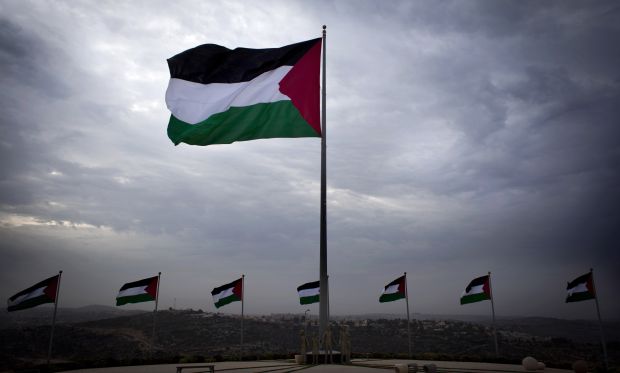As is well known, all endings are accompanied by pangs of sorrow, even if those endings are also joyful—whether for an individual, a family, society, country, or even the whole of humanity itself.
And although some end-of-year celebrations are excessive or exaggerated, they seem to represent a deep need for human beings, who, after traversing the trials and tribulations of the year exhausted and drained, yearn for the sound of the crackle of fireworks—even if this sound is drowned out by that of explosions.
In the same way, high school students who have passed their final exams and are about to graduate are saddened by the prospect of leaving their school friends and teachers behind. But no sooner do they overcome their sorrows than they start their university lives, forging new friendships with other students and teachers. And after more years of hard study, they must repeat the process once again: a strange mixture of happiness and sorrow; happiness at successfully reaching the end, and sorrow at having to part with longtime friends.
Is it not the same when one gets a job promotion, moves from one adopted home to yet another, or even when the referee blows the final whistle to announce the end of the match? Anyone watching the scene carefully will note sadness in the countenance of any long-term patient who is leaving hospital, who though happy to have recovered, feels the pain of having to part with the medical staff who took care of him and nursed him to health—for their kindness heals the soul just as medicine heals the body.
Is it an exaggeration, then, or perhaps even something inconceivable, to imagine a prisoner of conscience also departing their cell with a mixture of joy and sorrow? Sorrow not for the dark prison walls or the oppressive jailers, no; sorrow for having to leave their fellow inmates, whom they may not see again for a long time.
So while the freedom of Palestinian prisoner Samer Al-Issawi—whose hunger strike is the longest by a Palestinian in an Israeli prison—brings great joy as the will of the oppressed triumphs over the injustice of the oppressors, it also brings great sadness. Not only because there remain hundreds of Palestinians still in Israeli jails, but also because the future of the entire Palestinian nation remains prisoner to injustices which prevent six million people from leading a normal life within an independent country just like any other population around the world. Is it necessary to wade into the topic of the Palestinian cause once again, or have people—even the Palestinians themselves—grown tired of it?
But since every year ends with a celebration of the birth of the prophet of peace and love, it is pertinent to remind ourselves how, since the end of World War II, the Christian West has shirked even its most basic responsibilities toward establishing a just peace in this part of the world which has long suffered the horrors of wars. This particularly since the Palestinian cities of Bethlehem and Jerusalem respectively mark the locations of the birthplace of Jesus Christ and the Church of the Holy Sepulcher.
So time passes, and here we are living in a time where some wish to force Christians not only out of Palestine, the birthplace of Jesus Christ, but also from the Arab world entirely. Where has this strong aversion come from, and by what twisted logic can one justify sowing the seeds of division between the children of Abraham, upon him be peace?
At the end of each year, I always remember my childhood as a refugee student in the Gaza Strip. My classmates and I marked the situation of the Palestinian diaspora through the essays and poems we wrote on the blackboards and in our exercise books: “One year passes and another arrives, and yet here we are still holed up in these tents.”
Today, as I look around the region, I do not know which Arab refugees to shed my tears over. Is it not enough to see the suffering of the Syrian people who until but recently had a roof over their heads? Every time I see this, I have to ask myself a difficult question, one for which I do not have an answer: Is this—this sorrowful sight we are witnessing—truly the Arab Spring?
But enough of this. Whatever the answer is, I wish all who read this a much happier new year than the one which preceded it.
